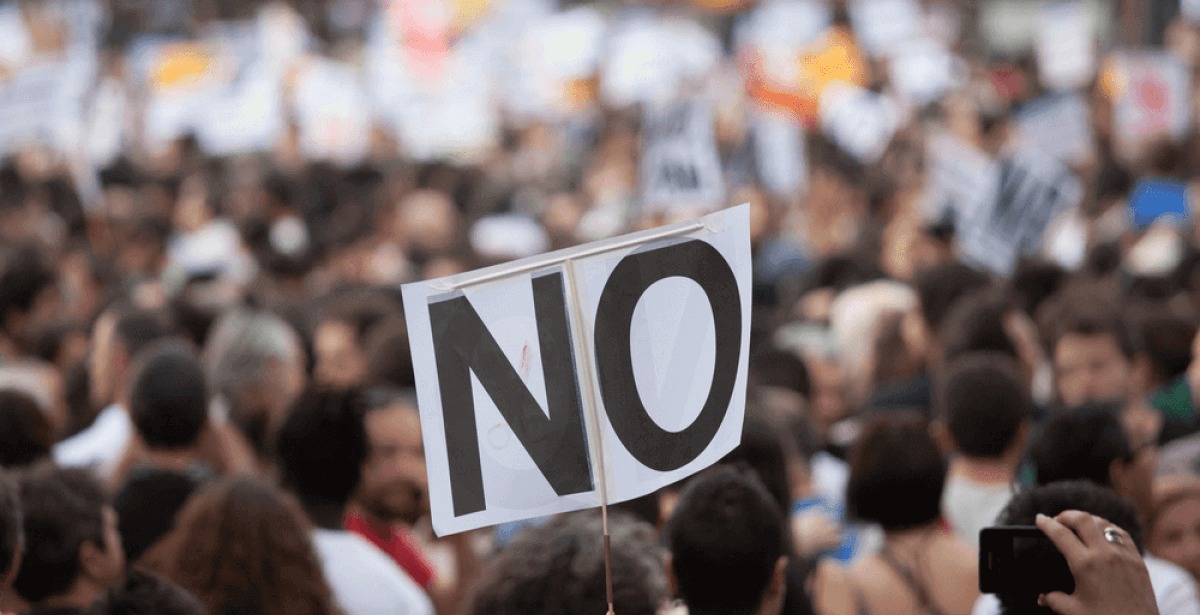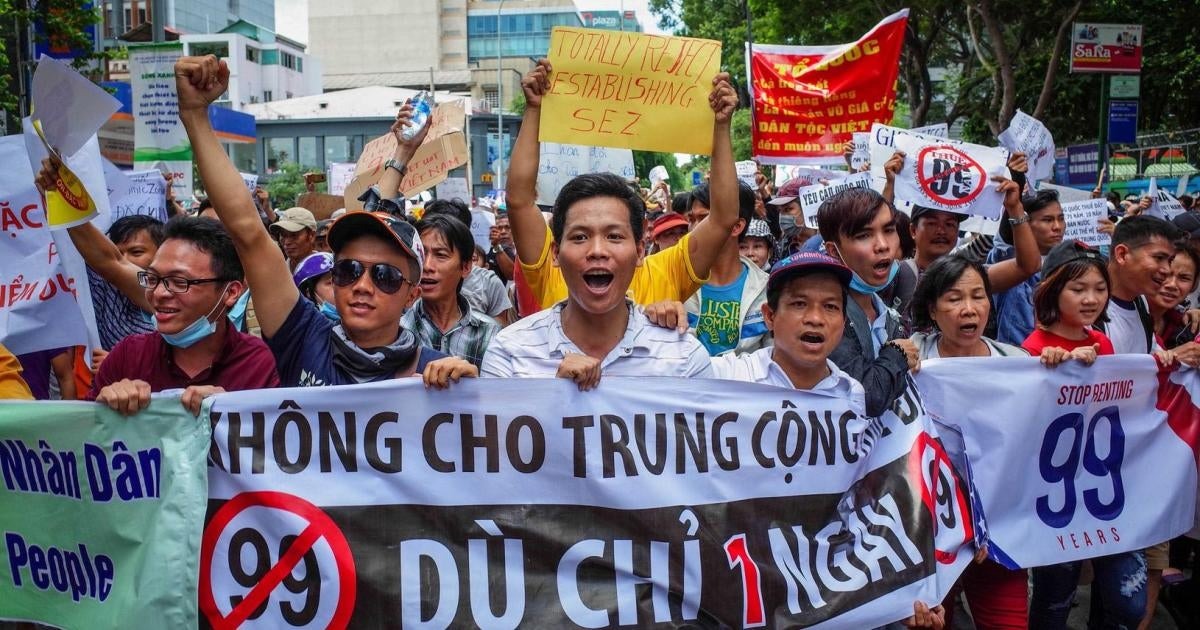In the past month, a delegation comprising approximately 50 U.S. businesses, including major players like Boeing and Meta, embarked on a journey to Vietnam to explore investment prospects. However, their visit coincided with the unexpected resignation of Vietnamese President Vo Van Thuong on March 20, casting a shadow over their discussions.
Ted Osius, who led the delegation and served as the U.S. ambassador to Vietnam from 2014 to 2017, is well-acquainted with Hanoi’s political environment, which blends elements of stability with periodic unpredictability.
Vietnam has emerged as an attractive investment destination in recent years, drawing attention as an alternative to China. It has successfully attracted foreign investment while balancing relations with both Beijing and Washington on the global stage.

Vietnamese President Vo Van Thuong (Credits: Current Affairs – Adda247)
Nevertheless, the sudden resignation of a second president in just over a year hints at some political uncertainty. An ongoing anti-corruption drive, which has ensnared numerous high-ranking officials, has contributed to bureaucratic hurdles and raised concerns among foreign investors.
President Thuong’s inaugural address last March emphasized the need to rejuvenate ideological principles within the party-state, citing the collapse of the Soviet Union as a cautionary tale.
This emphasis on ideology, while not unprecedented, signaled a departure from the approaches of Thuong’s predecessors. The speech appeared to be directed towards Vietnamese Communist Party (VCP) chief Nguyen Phu Trong, who was known for his conservative ideological stance.
Thuong was initially viewed as a potential successor to Trong. However, almost a year later, his abrupt departure caught many observers off guard. The VCP cited Thuong’s violations of party regulations and failure to uphold exemplary leadership standards as reasons for his resignation.
While no specific transgressions were mentioned, state media reported his resignation as accepted by the party, sparking speculation in Vietnam, where leaders seldom voluntarily step down.
Trong has spearheaded an extensive anti-corruption campaign since 2011, intensifying efforts following his re-election as party chief in 2016. This campaign has brought about important changes in how the VCP tackles corruption.
Recent purges of high-ranking officials, including the removal of President Thuong’s predecessor, Nguyen Xuan Phuc, have underscored the seriousness of the anti-corruption drive. However, some analysts argue that the campaign is also utilized to settle political scores.
Political infighting is commonplace in Vietnam, particularly in the lead-up to the VCP’s National Congress, held every five years. Although the next Congress is scheduled for 2026, power struggles have been underway for some time, partly due to health concerns surrounding Trong and uncertainties regarding the next leadership transition.

Political Instability (Credits: Kettering University Online)
The recent actions against high-ranking officials highlight the complexities of the anti-corruption campaign. While some view them as casualties of political rivalry, others suggest that legitimate corruption allegations may be at play. Regardless, the departure of Thuong has heightened uncertainty among the political elite, potentially leading to policy paralysis.
This uncertainty poses challenges for diplomats and investors, contributing to bureaucratic delays and hindering decision-making processes. Despite this, Vietnam remains an attractive destination for foreign investment, particularly in high-tech manufacturing. The country’s focus on industrialization, a skilled workforce, and competitive labor costs position it favorably in the global supply chain.
The appointment of Vo Thi Anh Xuan as acting president following Thuong’s resignation aims to project stability despite political transitions. While such leadership changes may cause temporary disruptions, Vietnam’s political system is resilient.
Regarding foreign policy, Vietnam will likely maintain its current trajectory, including its bilateral ties with the United States. Despite internal political dynamics, the country has successfully navigated external diplomatic relations to its advantage, as evidenced by the strengthening of ties during President Biden’s visit last September.
Looking ahead, Vietnam’s leadership faces the challenge of balancing anti-corruption efforts with the imperative of maintaining political stability and fostering economic growth.
The outcome of this balancing act will shape Vietnam’s domestic affairs and its role on the global stage. A long-term perspective is essential, recognizing Vietnam’s strategic importance and economic potential despite evolving geopolitical dynamics.
























